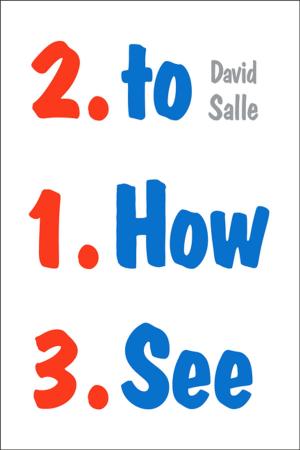Just Freedom: A Moral Compass for a Complex World (Norton Global Ethics Series)
Nonfiction, Social & Cultural Studies, Political Science| Author: | Philip Pettit | ISBN: | 9780393243017 |
| Publisher: | W. W. Norton & Company | Publication: | March 10, 2014 |
| Imprint: | W. W. Norton & Company | Language: | English |
| Author: | Philip Pettit |
| ISBN: | 9780393243017 |
| Publisher: | W. W. Norton & Company |
| Publication: | March 10, 2014 |
| Imprint: | W. W. Norton & Company |
| Language: | English |
An esteemed philosopher offers a vision for the central role of one of our most cherished—and controversial—ideas.
In this rigorous distillation of his political philosophy, Philip Pettit, author of the landmark work Republicanism, champions a simple standard for our most complex political judgments, offering a challenging ideal that nevertheless holds out a real prospect for social and democratic progress.
Whereas many thinkers define freedom as the absence of interference—we are left alone to do as we please—Pettit demands that in their basic life choices free persons should not even be subject to a power of interference on the part of others. This notion of freedom as non-domination offers a yardstick for gauging social and democratic progress and provides a simple, unifying standard for analyzing our most entangled political quandaries.
Pettit reaffirms the ideal, already present in the Roman Republic, of a free citizenry who enjoy equal status with one another, being individually protected by a law that they together control. After sketching a fresh history of freedom, he turns to the implications of the ideal for social, democratic, and international justice.
Should the state erect systems for delivering mandatory healthcare coverage to its citizens? Should voting be a citizen’s only means of influencing political leaders? Are the demands of the United Nations to be heeded when they betray the sovereignty of the state? Pettit shows how these and other questions should be resolved within a civic republican perspective.
Concise and elegant in its rhetoric and ultimately radical in its reimagining of our social arrangements, Just Freedom is neither a theoretical treatise nor a practical manifesto, but rather an ardent attempt to elaborate the demands of freedom and justice in our time.
An esteemed philosopher offers a vision for the central role of one of our most cherished—and controversial—ideas.
In this rigorous distillation of his political philosophy, Philip Pettit, author of the landmark work Republicanism, champions a simple standard for our most complex political judgments, offering a challenging ideal that nevertheless holds out a real prospect for social and democratic progress.
Whereas many thinkers define freedom as the absence of interference—we are left alone to do as we please—Pettit demands that in their basic life choices free persons should not even be subject to a power of interference on the part of others. This notion of freedom as non-domination offers a yardstick for gauging social and democratic progress and provides a simple, unifying standard for analyzing our most entangled political quandaries.
Pettit reaffirms the ideal, already present in the Roman Republic, of a free citizenry who enjoy equal status with one another, being individually protected by a law that they together control. After sketching a fresh history of freedom, he turns to the implications of the ideal for social, democratic, and international justice.
Should the state erect systems for delivering mandatory healthcare coverage to its citizens? Should voting be a citizen’s only means of influencing political leaders? Are the demands of the United Nations to be heeded when they betray the sovereignty of the state? Pettit shows how these and other questions should be resolved within a civic republican perspective.
Concise and elegant in its rhetoric and ultimately radical in its reimagining of our social arrangements, Just Freedom is neither a theoretical treatise nor a practical manifesto, but rather an ardent attempt to elaborate the demands of freedom and justice in our time.















